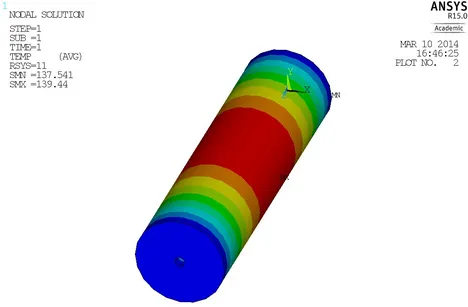Method to determine the perfect cell size for a BEV
Project completed - Contact: ftm(at)ftm.mw.tum.de

Problem Statement
Some of the electric vehicles currently available on the market or under development have fundamentally different approaches to the construction of the battery pack and thus to the cell size used. Large German OEMs have agreed on a VDA standard that leads to very large form factors of the individual battery cells, while other very successful manufacturers rely on small round cells in large numbers.
Due to the complexity of the issue (electrical, thermal and safety requirements, but also production requirements), there is a need for a computer-aided selection of the optimal cell size for an electric vehicle. The result can be an ideal cell size depending on the requirements, with which a more efficient and cost-effective battery pack can be developed according to the requirements. The question is to be answered independently of cell shape factors that are already available.
But the fundamental question of whether large or small cells are the right way to go in electromobility should also be clarified.
Objective
Hence the goal of the project EEBatt is to develop a distributable stationary energy storage device.
The following chairs are involved in that project:
- TUM EES Prof. Andreas Jossen - Lehrstuhl für Elektrische Energiespeichertechnik
- TUM TEC Prof. Hubert A. Gasteiger - Lehrstuhl für Technische Elektrochemie
- TUM LNM Prof. Wolfang Wall - Lehrstuhl für Numerische Mechanik
- TUM EWK Prof. Thomas Hamacher - Lehrstuhl für Energiewirtschaft und Anlagentechnik
- TUM EEN Prof. Rolf Witzmann - Lehrstuhl für Hochspannungs- und Anlagentechnik, Fachgebiet Elektrische Energieversorgungsnetze
- TUM EWT Prof. Hans-Georg Herzog - Fachgebiet für Energiewandlungstechnik
- TUM RCS Prof. Samarjit Chakraborty - Lehrstuhl für Realzeit-Computersysteme
- TUM FTM Prof. Markus Lienkamp - Lehrstuhl für Fahrzeugtechnik
- TUM S&O Prof. Isabell M. Welpe - Lehrstuhl für BWL - Strategie und Organisation
- TUM iwb Prof. Gunther Reinhart Lehrstuhl für Betriebswissenschaften und Montagetechnik
- TUM iwb Prof. Michael Zäh Lehrstuhl für Werkzeugmaschinen und Fertigungstechnik
- TUM CCH Prof. Moniek Tromp - Katalysator Charakterisierung
- TUM FRM II Dr. habil. Ralph Gilles - Forschungs-Neutronenquelle Heinz Maier-Leibnitz (FRM II)
- TUM MCR – Prof. Jutta Roosen – Lehrstuhl für Marketing und Konsumforschung